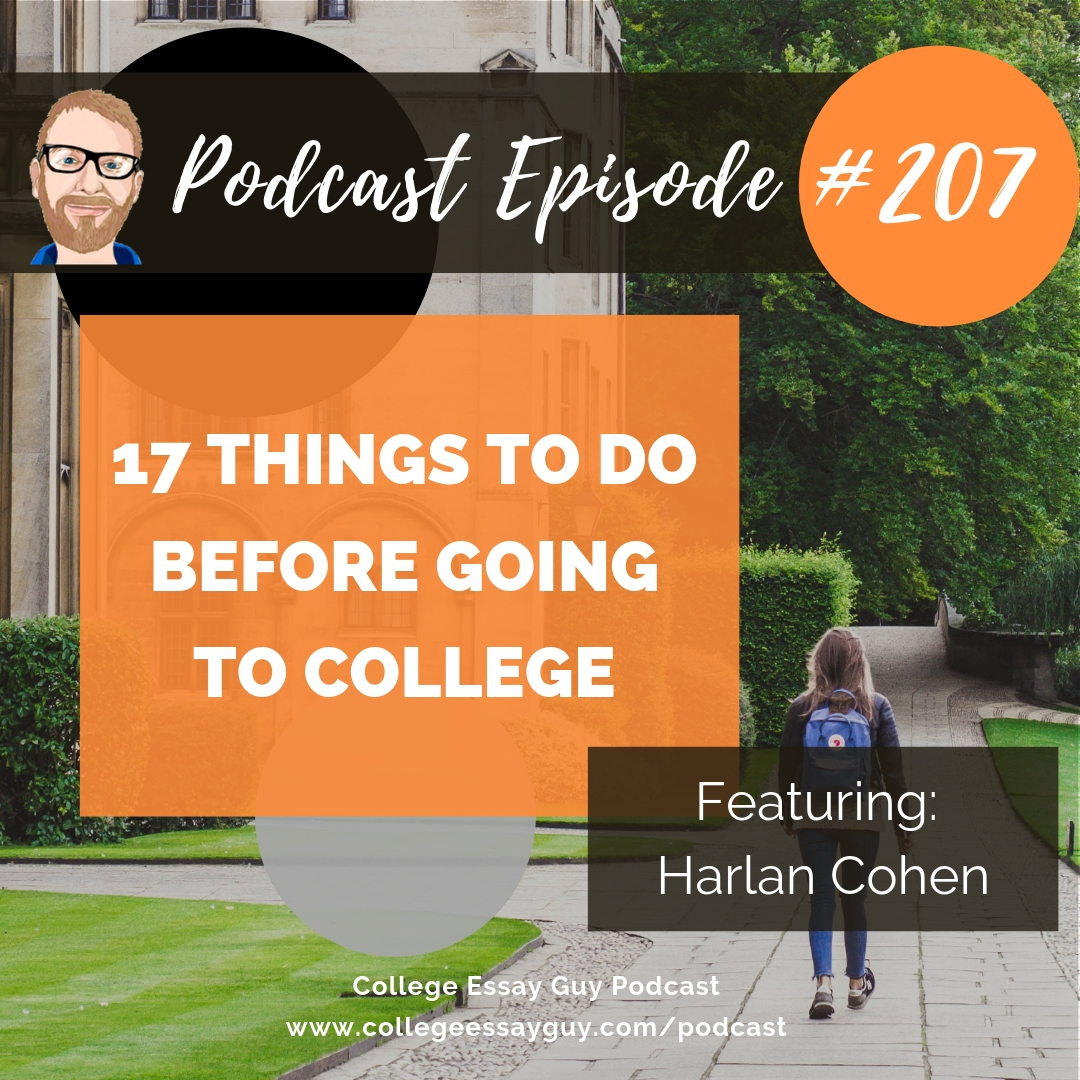Listen Here
SHOW NOTES
Welcome to the final episode to our special three-part series on mental health disclosures in college applications. In Episode 3, Ethan’s guest is Emi Nietfeld, author of Acceptance (Penguin Press '22), a critically-acclaimed memoir of her high school journey through foster care, homelessness, and the troubled teen industry to attend college at Harvard. In this frank conversation, Emi opens up about, among other things:
How the notion of disclosing (or not disclosing) may actually be somewhat problematic
The difference between writing about challenges in general… and writing about them for the purposes of the college application
The role she believes high school counselors can play in supporting students with mental health challenges during the college application process
Takeaways for college admissions officers evaluating applications that include mental health disclosures
And more
A former software engineer, Emi Nietfeld is a full-time writer on mental health, inequality, and higher education. She’s passionate about mental health, helping young people navigate their careers, and the connection between engineering and creativity. Her essays have appeared in New York Magazine. The Atlantic, The Washington Post, and other publications.
We hope you enjoy the conversation.
Play-by-Play
2:14 - Emi shares her background and story
3:50 - What advice would Emi give to students about whether or not to disclose?
9:20 - Emi’s story, as told in her book, Acceptance?
11:55 - What was the college application process like for Emi?
14:24 - How did Emi’s college essay change from the first to final draft?
19:49 - Where else in the application are there opportunities to disclose?
23:38 - What did the rest of Emi’s application look like?
30:00 - How has writing helped Emi process her experiences?
33:17 - How can high school counselors help their students navigate this process?
36:11 - What advice would Emi give to college admission readers?
42:29 - How has Emi’s life been different since writing Acceptance?
46:40 - What are Emi’s hopes for the future of mental health disclosures in college applications?
Resources
Emi’s book, Acceptance
Blog post linked to this episode: Should I Discuss Mental Health in My Personal Statement or College Application? (And If So, How)?
Part 1 of this series – Episode 512: The Counselor Perspective
Part 2 of this series – Episode 513: The Admission Officer Perspective
How to Use the Common App Additional Information Section: Guide + Examples
Episode 406: Why You Don’t Have to Write about Trauma in Your College Essay to Stand Out—and What You Can Do Instead











